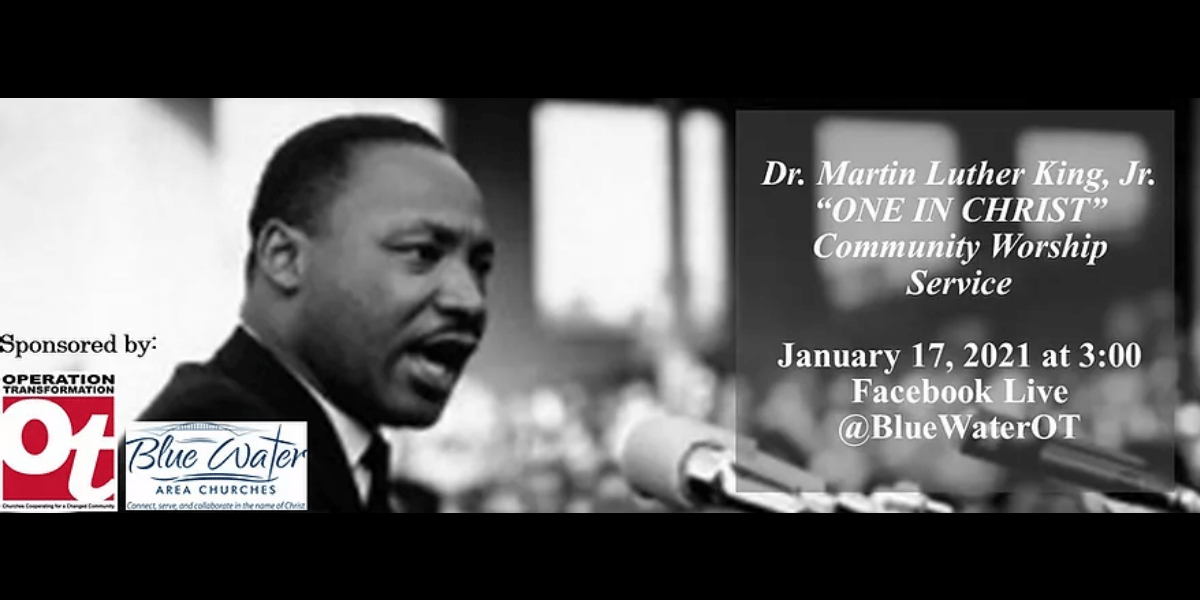St. Clair County Library Switches to New and Improved Website
The St. Clair County Library System has a brand-new website and is phasing out the old one. Patrons are asked to make sure to get into the habit of using the updated website, stclaircountylibrary.org.
The new website is the workhorse of the library system, as much business is now done online as in-person services are significantly restricted by COVID-19 precautions. The new site is optimized for mobile devices and has been reorganized to meet the needs of patrons as they navigate the current reality.
Users can directly access the library catalog, the Michigan eLibrary, and other online resources in one spot. The library catalog now includes cover images and format icons to reduce clicks and increase efficiency. The new website also prominently features upcoming events and links to information about each branch.
According to the Library, “Online engagement has never been more important, and the new SCCLS website is just one more way to stay connected.”
A link to the new website:
https://stclaircountylibrary.org/
Reporting for WGRT – Jennie McClelland






